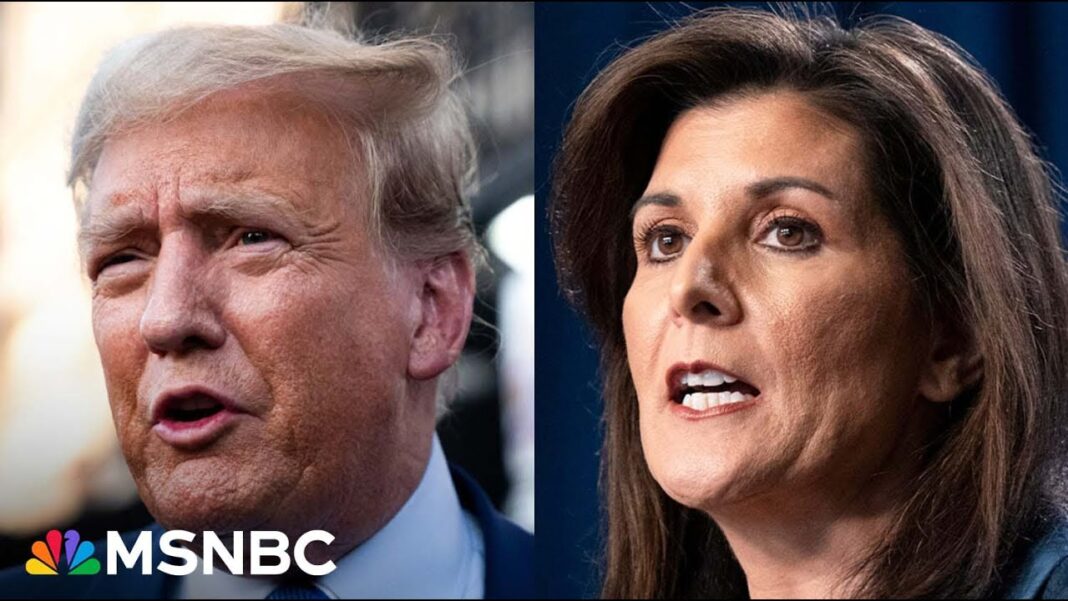On an early fall morning, 132 years ago this month, thousands of kids at schools throughout America rose together and (looking at the American flag) began to recite in unison 23 words authored by an American few today honor or even remember.
“I pledge allegiance to my Flag and to the Republic for which it stands—one nation indivisible—
with liberty and justice for all.”
But these few words constitute a far weightier statement about America than is generally acknowledged.
It is said that one time Baptist minister Francis Bellame wrote the Pledge of Allegiance we know today in 1892 in only a few hours. Yet, what is so compelling about Bellamy’s words is its affirmation of universal principles.
Two principles are given voice: liberty and justice, but it’s the ending to the pledge – “liberty and justice for all,” – that transforms abstract concepts into concrete obligations which the state must effect for all Americans.
When we recite the pledge, we are essentially saying: This is who we are, and our government is charged with the responsibility to effect “liberty and justice for all” in return for our pledge (our commitment) of allegiance to the republic.
Echoing British philosopher John Locke, The Declaration of Independence asserts that all people have inalienable rights (liberty especially), and that the government’s central purpose is to defend those rights.
Classical liberalism as articulated in the “Declaration” holds that a divine providence ‘endowed’ humanity with rights that are inalienable and therefore natural – not a function of human intervention. It holds further that there is a natural law which operates as an ethical principle from which natural rights are derived and through which humans recognize their liberty, freedom. British political theorist Isaiah Berlin called them negative rights, as they are freedoms we have which cannot be taken from us by anyone including a government. Yet, Berlin also spoke of positive rights which are granted by the government. These are of human derivation and operate to grant rights to Americans based on the government’s obligation to achieve liberty and justice for all – social equality.
Positive rights, granted by the government, impact the liberty (freedom) of everyone in America. And this is true (irrespective of whether one benefits from the right) by virtue of the fact that all assume the costs – the obligation – (financially or socially) associated with those rights.
My argument in this essay, consistent with the classical liberal tradition, is that “liberty and justice for all,” as declared in our “Pledge” can only be achieved if our natural right to freedom is protected to a degree commensurate with that of achieving social equality – otherwise justice will not be served. The granting of any positive right has the effect of impacting our natural right to freedom.
America created two legislative efforts designed specifically to achieve social equality: Social Security and Affirmative Action.
Social Security began as a measure to implement “social insurance” during the Great Depression of the 1930s, when poverty rates among senior citizens exceeded 50 percent. Yet, this positive right constitutes a financial obligation imposed on the people, thereby impacting one’s freedom. Individuals must allocate money for that tax as opposed to some other purpose. This is not to say that social security does not have a positive impact on American society, it does – French Enlightenment philosopher Rousseau would day it is – for the “common good.”
My point here is that when the government decides to grant a right to anyone (irrespective of who does or does not benefit from it) it has a responsibility to effect social equality in such a way that justice for all is served, and that entails protecting the natural right of individual freedom for all. This means mitigating the impact on freedom such that as much equality as possible is achieved with the least possible effect on individual freedom consistent with societal needs.
To achieve social equality by legislating it in the form of positive rights implies a corresponding impact on our natural right to freedom. It does this by imposing upon Americans the obligation to bear the cost – either financially or through some form of social impact on one’s life. Affirmative Action is an example of the latter.
The second piece of legislation was (at the time – and some argue remains) a necessary effort to give all Americans the opportunity and resources needed to achieve social equality in society. Affirmative Action was about the “common good.” But this also came with several social costs in the form of change in educational pursuits and in hiring practices (e.g. quotas in businesses and colleges) as well as imposed allocation of resources (forced busing and integration of schools) and taxes to fund these social needs – both of which affected individual freedom. One ‘cost’ was born socially – the other financially – through legislative action.
For the government to achieve liberty and justice for all, equality in society must be effected with the least burden possible on individual freedom. Otherwise, it is not “justice for all.”
The fact that some form of affirmative action (although implemented unwisely) was necessary at the time – and society benefited from it – is not the point. If it had been otherwise, the effect on individual freedom would have remained a fact as well.
The government has an obligation to provide “liberty and justice for all.” How that is achieved is often what creates problems in society with regard to liberty being protected and social equality being implemented.
The issue is not whether positive rights are “good or bad.” Rather, it is in determining how positive rights are effected with as minimal a cost to individual freedom as possible, consistent with society’s needs for social equality. How the balance between those two is implemented is what provides the basis for “liberty and justice for all.”
The controlling issue is the last few words of the pledge – “for all.” Through that phrase in effect what the pledge refers to is a fair and equitable division of resources, opportunities, and privileges in society. How one implements the division of the latter in society determines whether justice for all is served. And that only occurs when freedoms are protected. The Bill of Rights in the Constitution is there, specifically, to limit the power of the federal government for that very purpose.
The Pledge of Allegiance is a far weightier declaration than is recognized by those who recite it, routinely. It deals with the very essence of who we are as a people, what we value and what we are unwilling to surrender in our lives:
“…liberty and justice for all.”







